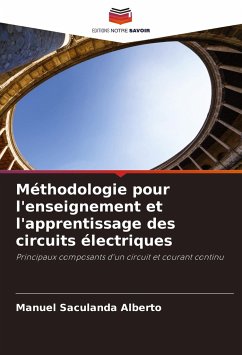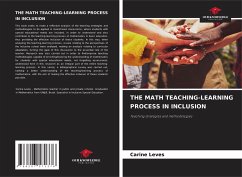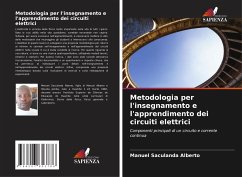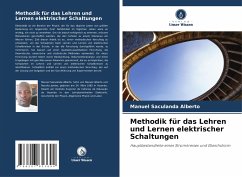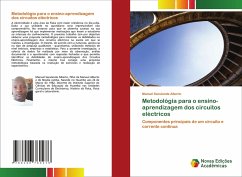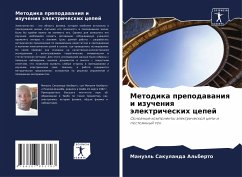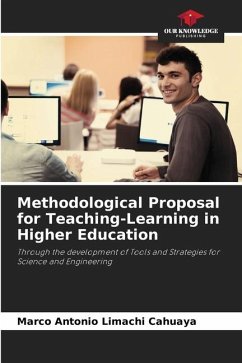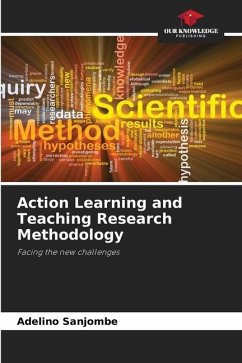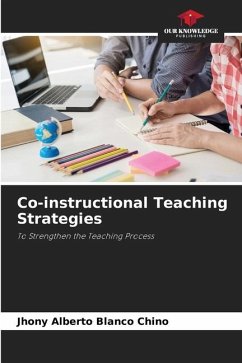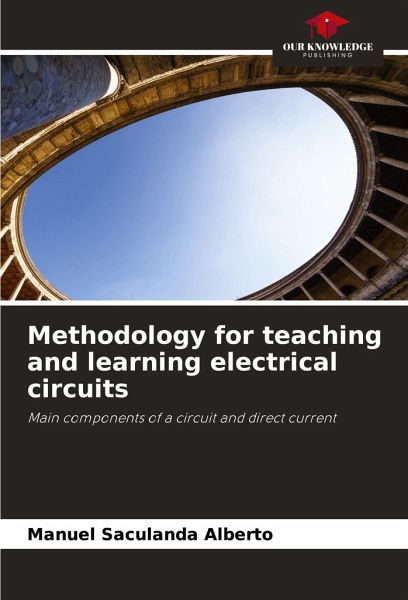
Methodology for teaching and learning electrical circuits
Main components of a circuit and direct current
Versandkostenfrei!
Versandfertig in 6-10 Tagen
29,99 €
inkl. MwSt.

PAYBACK Punkte
15 °P sammeln!
Electricity is an area of physics that is most relevant to everyday life. Given its usefulness in everyday life, it would be essential not to understand it. However, in order to be successful in learning it, motivations must be put in place that lead students to become interested in knowledge. The aim of this work is to develop a methodological proposal to minimize the weaknesses in the teaching and learning of electrical circuits in the school where the research was carried out. In terms of its nature, it is based on qualitative-quantitative research, using theoretical, empirical and statisti...
Electricity is an area of physics that is most relevant to everyday life. Given its usefulness in everyday life, it would be essential not to understand it. However, in order to be successful in learning it, motivations must be put in place that lead students to become interested in knowledge. The aim of this work is to develop a methodological proposal to minimize the weaknesses in the teaching and learning of electrical circuits in the school where the research was carried out. In terms of its nature, it is based on qualitative-quantitative research, using theoretical, empirical and statistical methods. For this investigation, data was collected through observation, documentary analysis and a questionnaire with closed answers, which enabled the weaknesses in the teaching and learning of Electrical Circuits to be identified. Finally, it includes a methodological proposal based on solving exercises and carrying out experiments.





